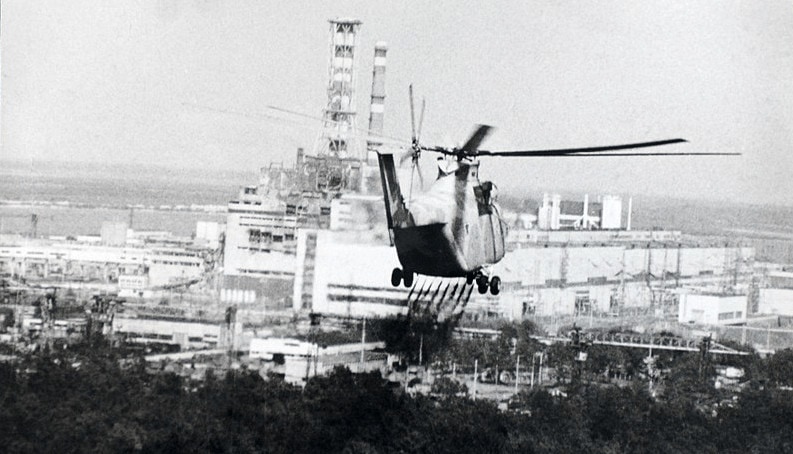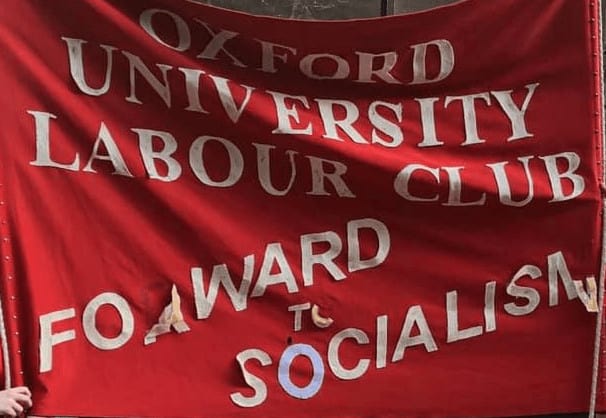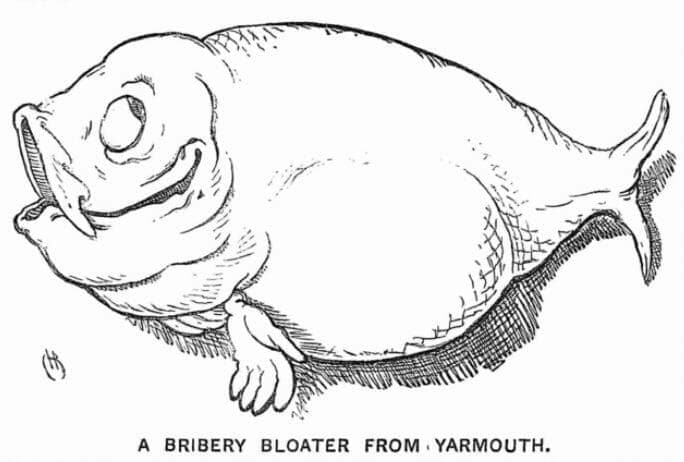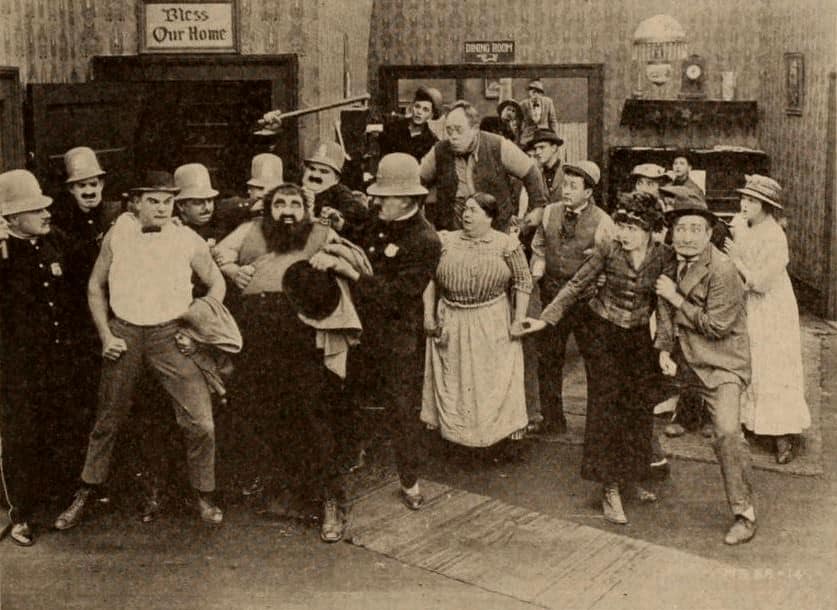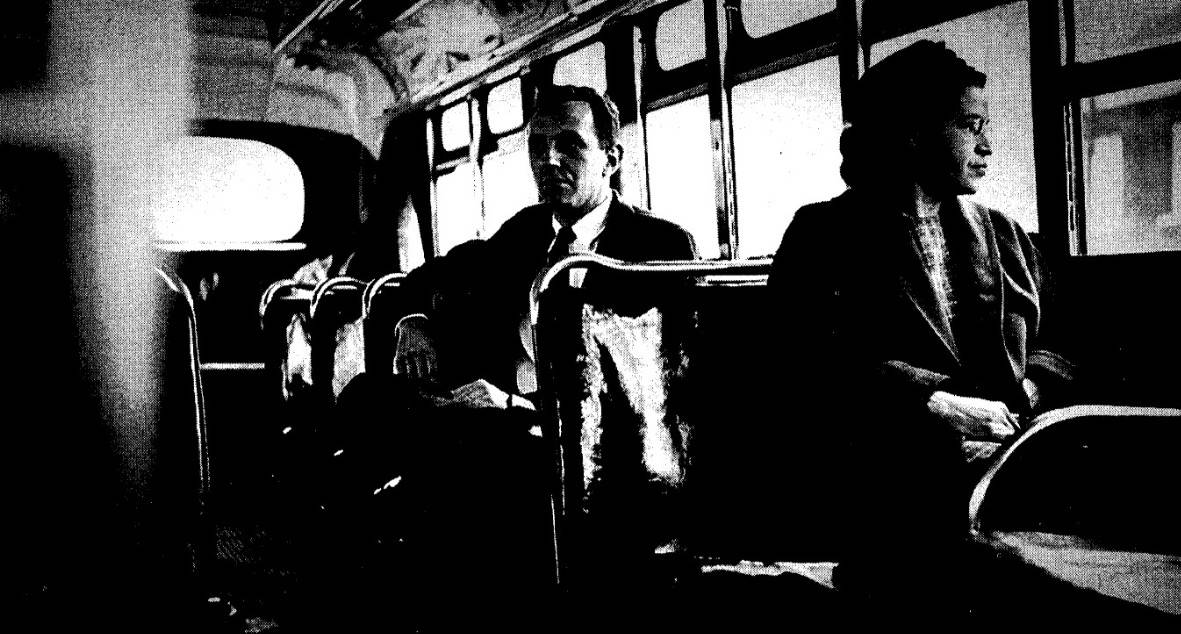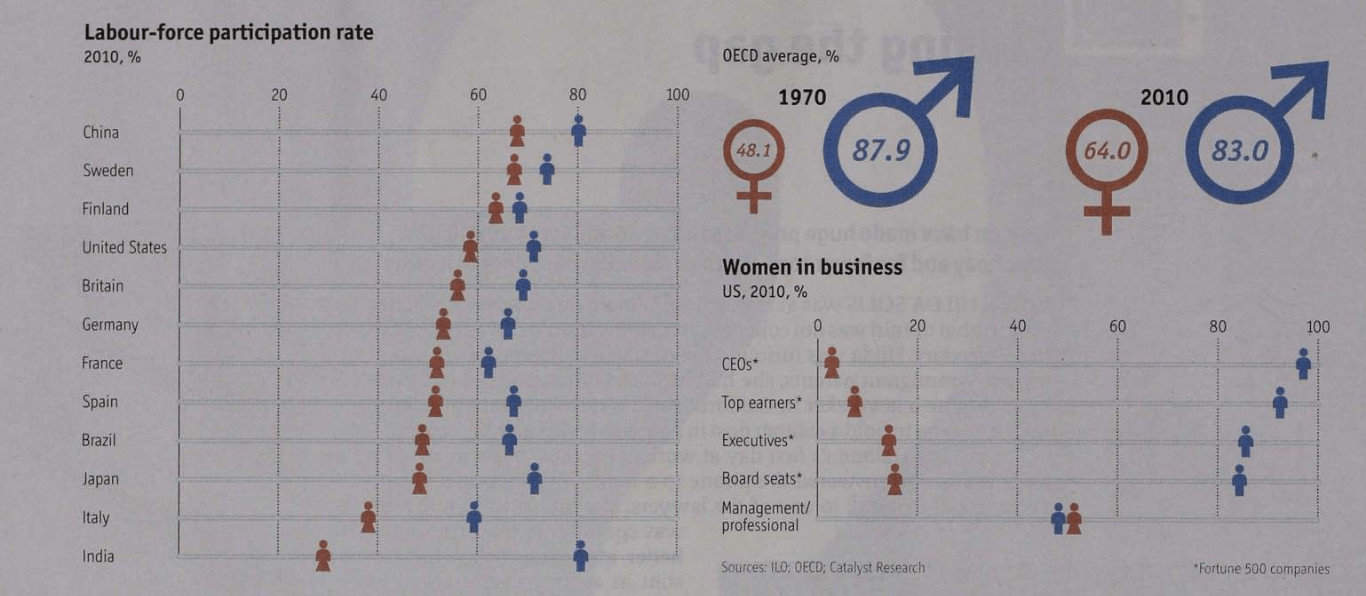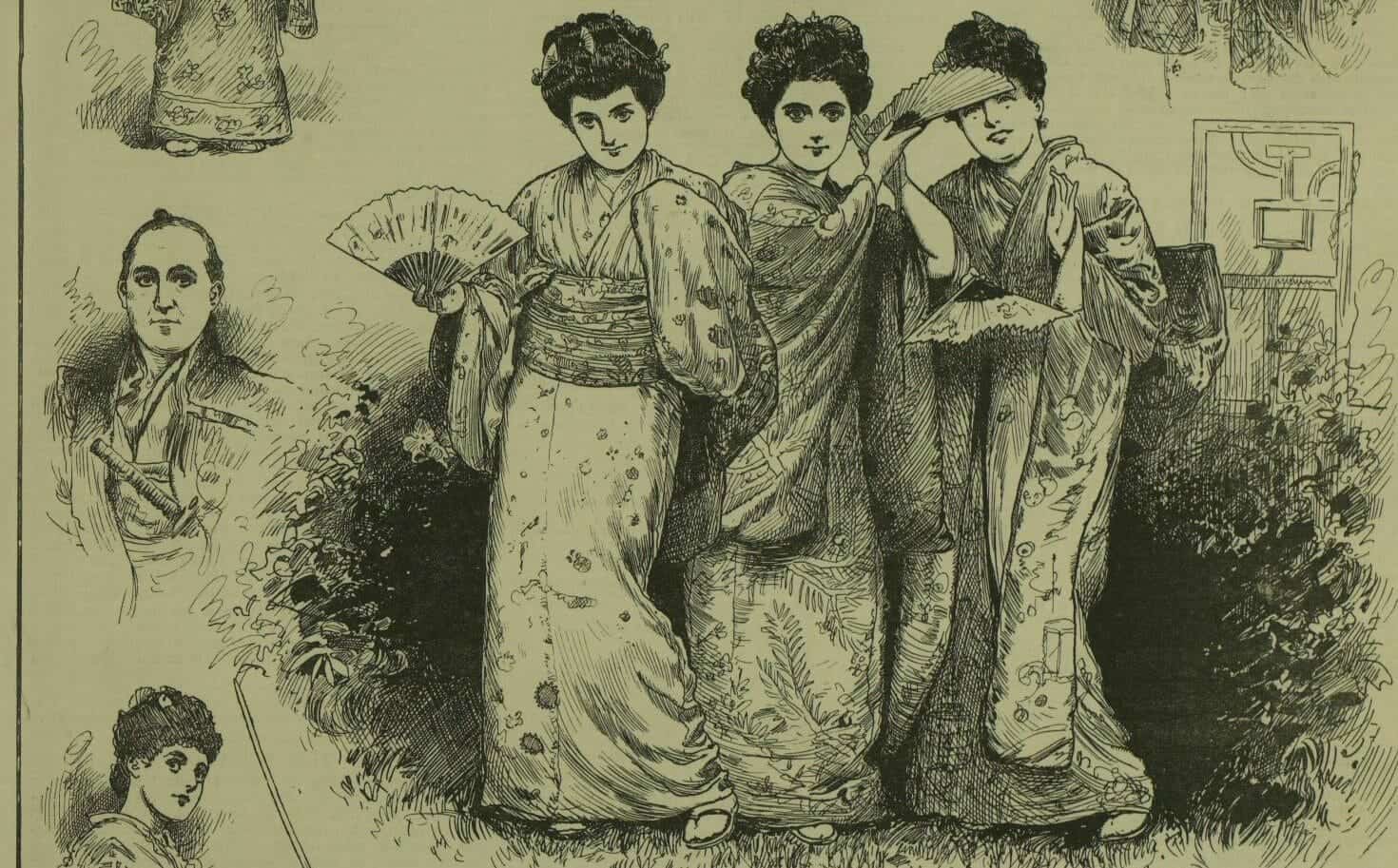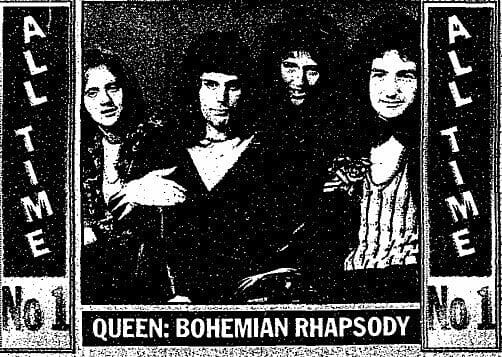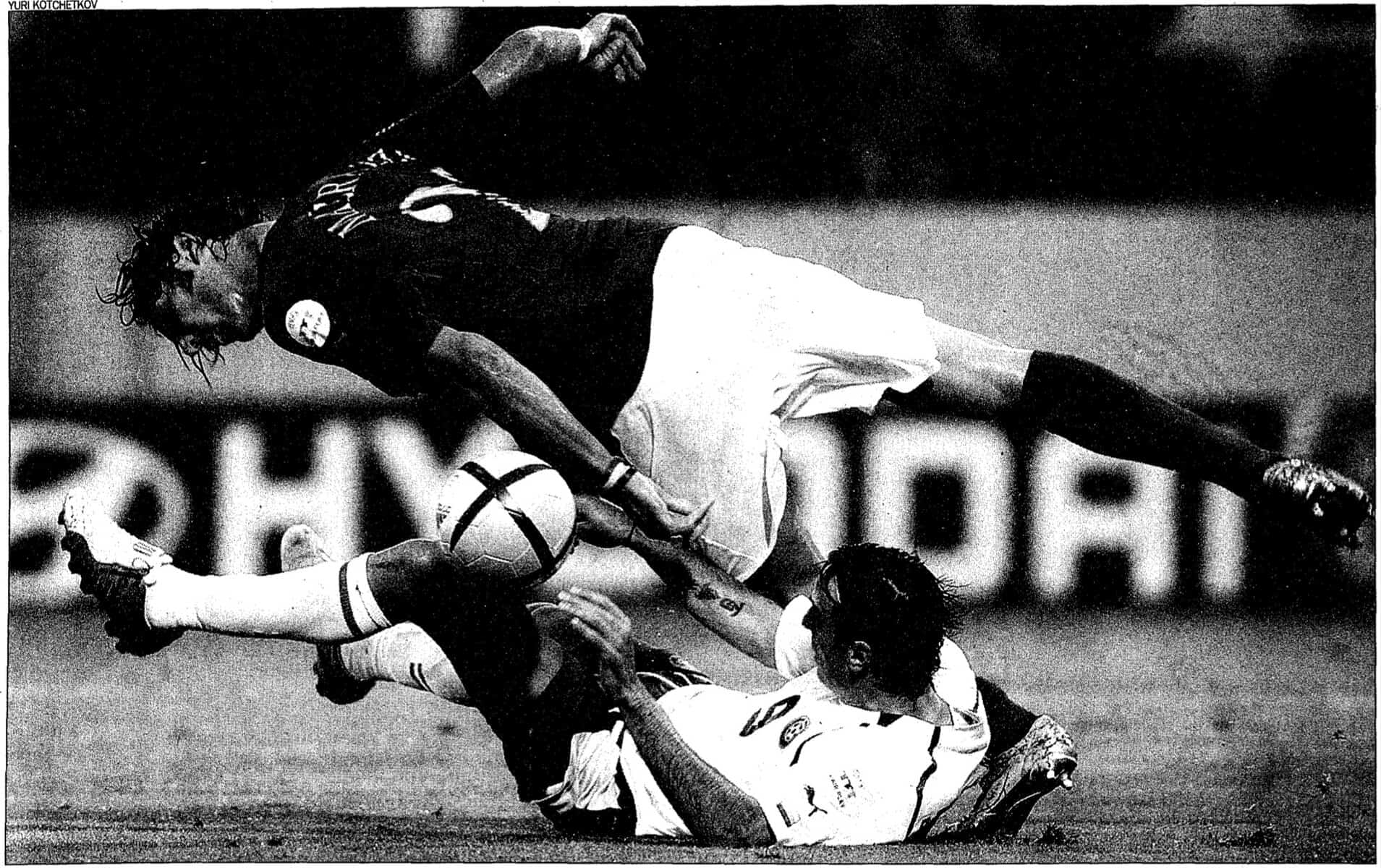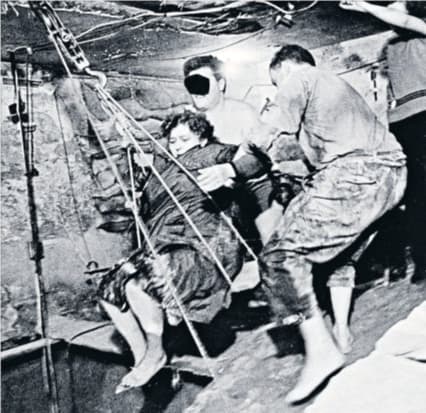| By Harry Walker, Gale Ambassador at the University of Birmingham |
Being Harry Walker wasn’t easy in the Spring of 2019. Alongside sitting university exams, my blood pressure was raised hurling abuse at knights, dragons and zombies on a television screen. Was I playing World of War Craft? No, I was watching the final series of Game of Thrones. Whether you loved it or hated it, it cannot be denied that the medieval fantasy was all that anyone was talking about. Perhaps this is why the excellent HBO mini-series Chernobyl slipped under most people’s radar. Chernobyl is a wonderfully written, beautifully acted masterpiece which tells the story of the terrible nuclear accident which occurred at the Chernobyl nuclear power plant in the USSR in 1986. Amongst other qualities, the show has been widely praised for its historical accuracy. In this blog post I will be using Gale Primary Sources to see whether the praise stands up to examination.

